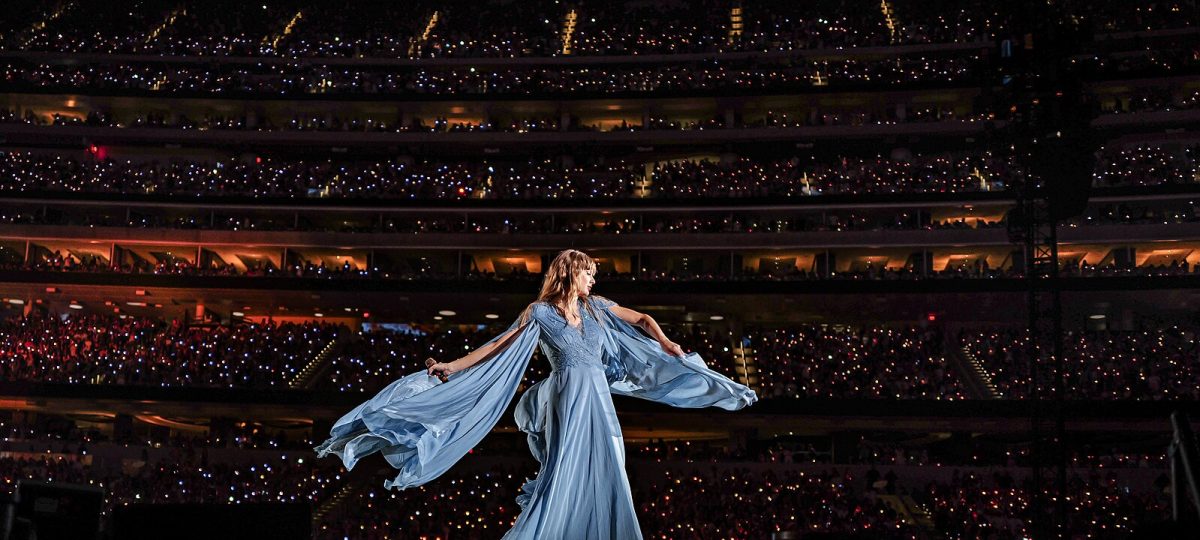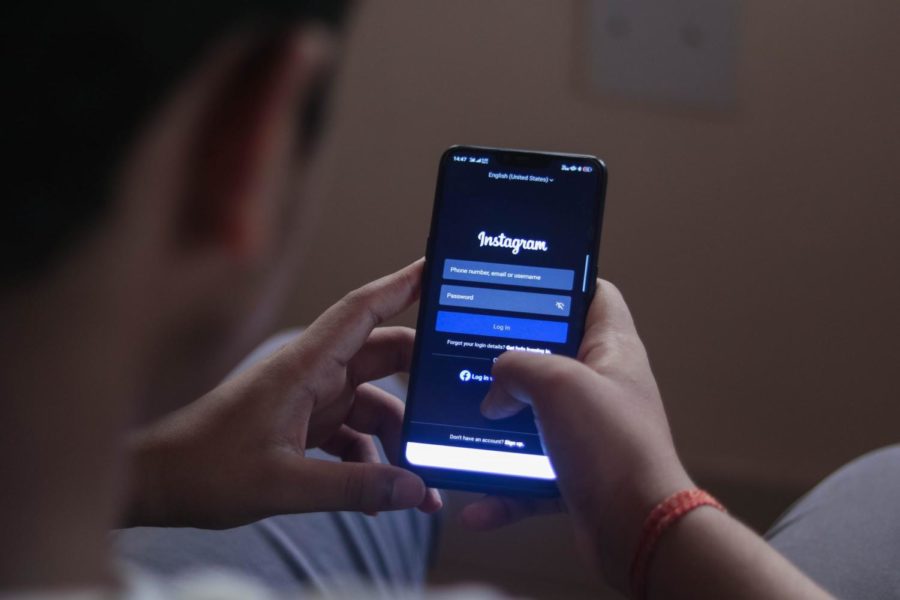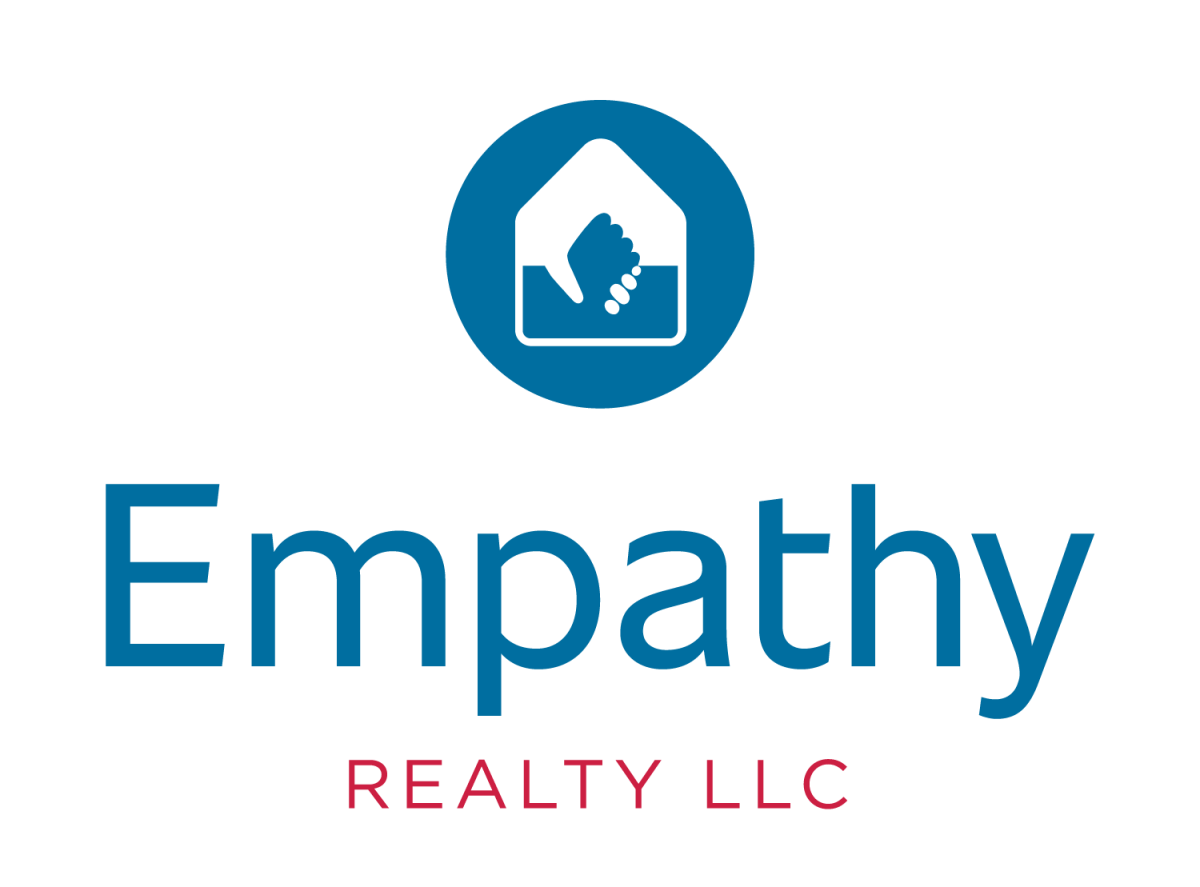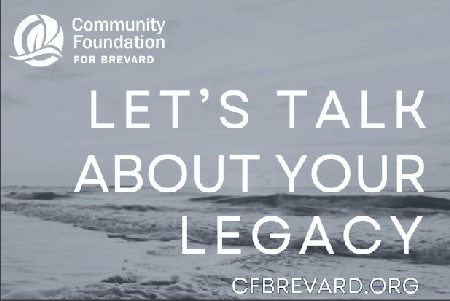Social media whistleblowers sound a warning
Debating on whether to use the social media platform Instagram.
October 28, 2021
When she was younger, Sophomore Anna Vittitoe loved to dance and would look for role models to further passion. One of the places she looked was social media.
“As a dancer, I was taught that skinny and smaller bodies are the standard,” she said. “The combination of this mindset with these beautiful bodies I was seeing on Instagram that were completely unattainable really impacted my mental health and caused even more insecurities.”
The widespread social media platform Instagram, which can be found on almost any teenager’s phone, has been under fire recently for promoting eating and mental disorders as whistleblowers have shared their stories on news shows and in front of Congress.
Teenagers are often unaware of the impact of Instagram until it takes a toll on their everyday life.
“Growing up I was exposed to Instagram at a very young age,” Vittitoe said. “I used it innocently to follow my favorite creators and watch DIY videos, cooking videos, and communicate with my friends at the age of 9. While my intention was to have fun, as I grew older, more of the app’s psychological effects came into play and slowly started to impact me.”
Whistleblowers have testified that Facebook, which owns Instagram, has conducted internal studies showing that their platform causes declines in the mental health of teens and leads users to content that glorifies disorders such as anorexia.
“Instagram can lead to eating disorders and mental health issues through unrealistic beauty standards and stereotypical “influencer” bodies and lifestyles,” senior Riley Harper said. “However, I believe that there is some progress being made by promoting diversity with beauty coming in all shapes, sizes, genders — and self-confidence. The inclusivity of realistic photos on Instagram can help teens realize that all they really need is self-validation and to learn to love themselves without needing to change who they are.”
While the platform is being called out for having negative psychological effects, Instagram has been promoting diversity. While Instagram is known for promoting diversity, many are baffled because the platform continues to allow content that exploits teenage vulnerabilities.
“I would encourage teenagers to reflect on whether or not the content consumed on social media platforms works for them, particularly how they feel and think about themselves, others, and the world after viewing such content and whether it improves their quality of life,” local psychologist Glenn Sloman said. “In my clinical experience, I have received reports from clients suggesting that reducing or taking a break from social media use is associated with positive outcomes.”
By Ethan Bergman























































